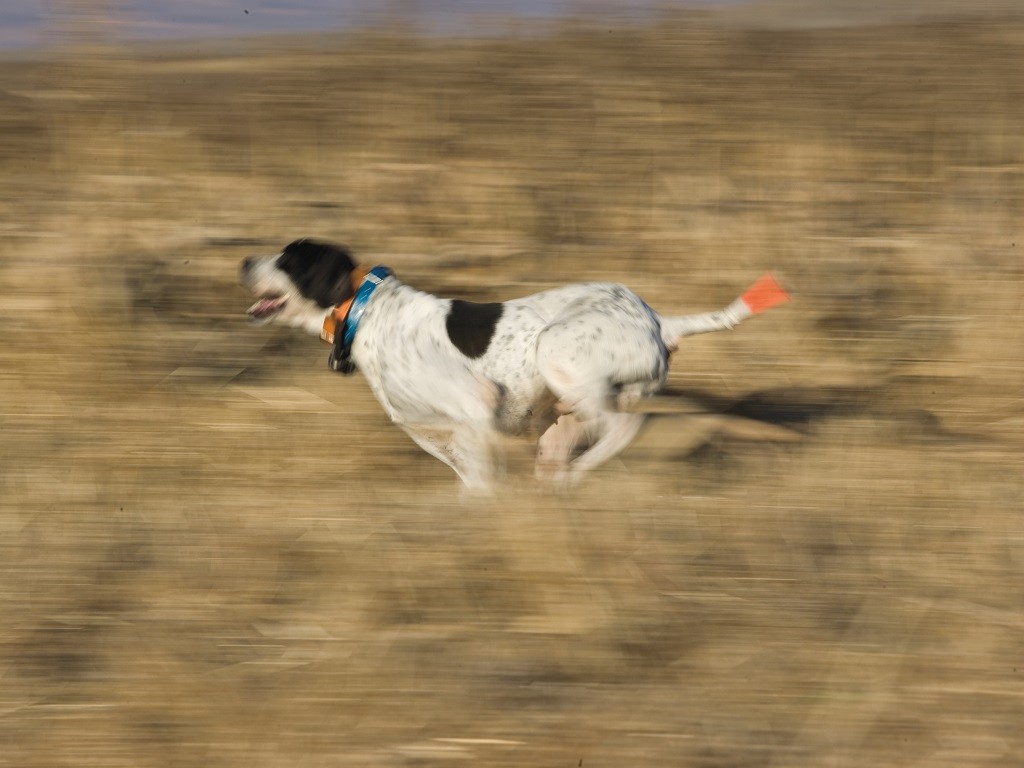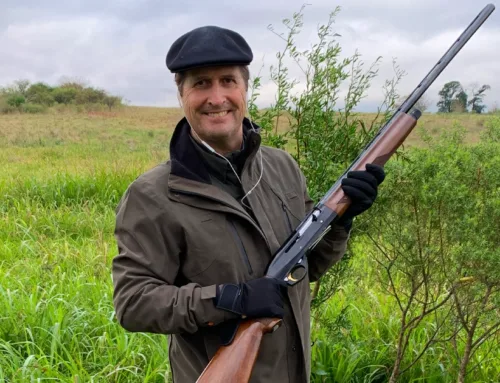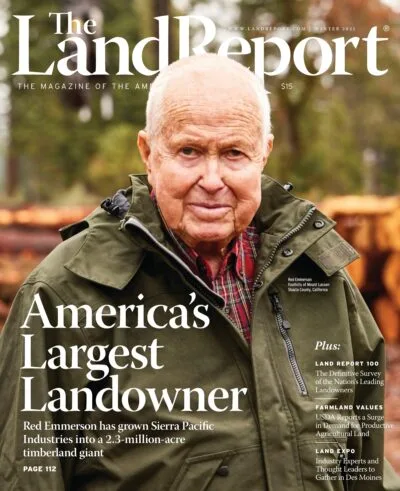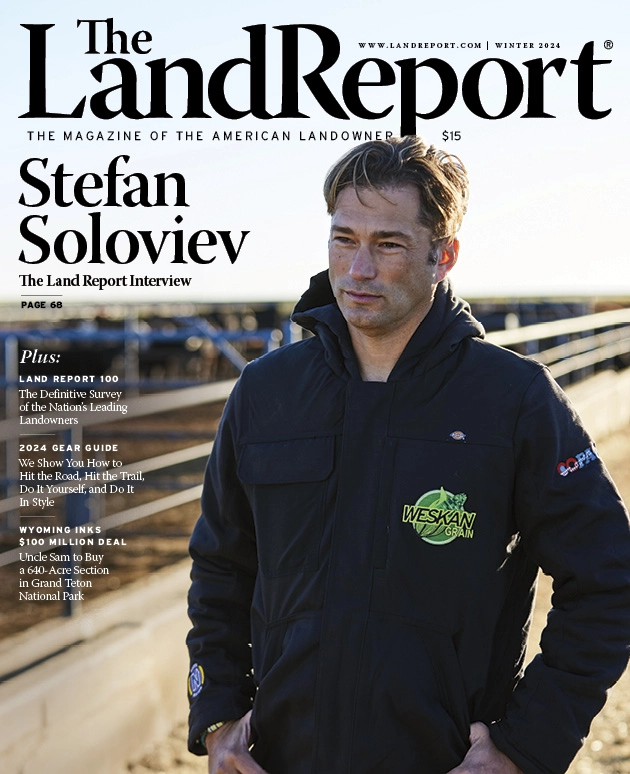Land’s Best Friend: The English Pointer
Land’s Best Friend: The English Pointer

EnglishPointer_fi
When it comes to bird-dogging, none can compare to the English pointer.
In 1909, Manitoba Rap became the first English pointer to win the National Bird Dog Championship. The breed has completely dominated major field trial competition ever since.
When the great Johnny Crockett, an English setter, won the National in 1970, it was the first time in 24 years that an English pointer didn’t win the title. Every National title since then has gone to a pointer.
Tough, stoic, intelligent, able to endure intense, even harsh training, the pointer is the archetypal big country bird dog. Check the kennel of nearly any professional quail guide. With rare exceptions, you’ll find nearly all English pointers.
Novices often mistake the English pointer’s near-maniacal drive with hardheadedness. Serious hunters appreciate the pointer’s independence and initiative, and don’t expect a hard charger to turn on a dime at the first whistle blast.
Although the English pointer has long been a favorite of open country bird hunters, close-working strains do great work on grouse and woodcock. Pointers typically work high-headed, in search of airborne scent. Some are natural retrievers; many aren’t.
Pointers have a reputation for aloofness or indifference to affection. That’s nonsense. Socialize your English pointer puppy and raise her as a member of the family, and she’ll be a delight.
Do:
- Select from bloodlines that match your hunting style.
- Begin informal, no-pressure fetch training (play training) when pups are 8-10 weeks old.
- Train with a firm, consistent hand. Your pointer will try you.
Don’t:
- Expect your English pointer to handle like a well-trained retriever.




